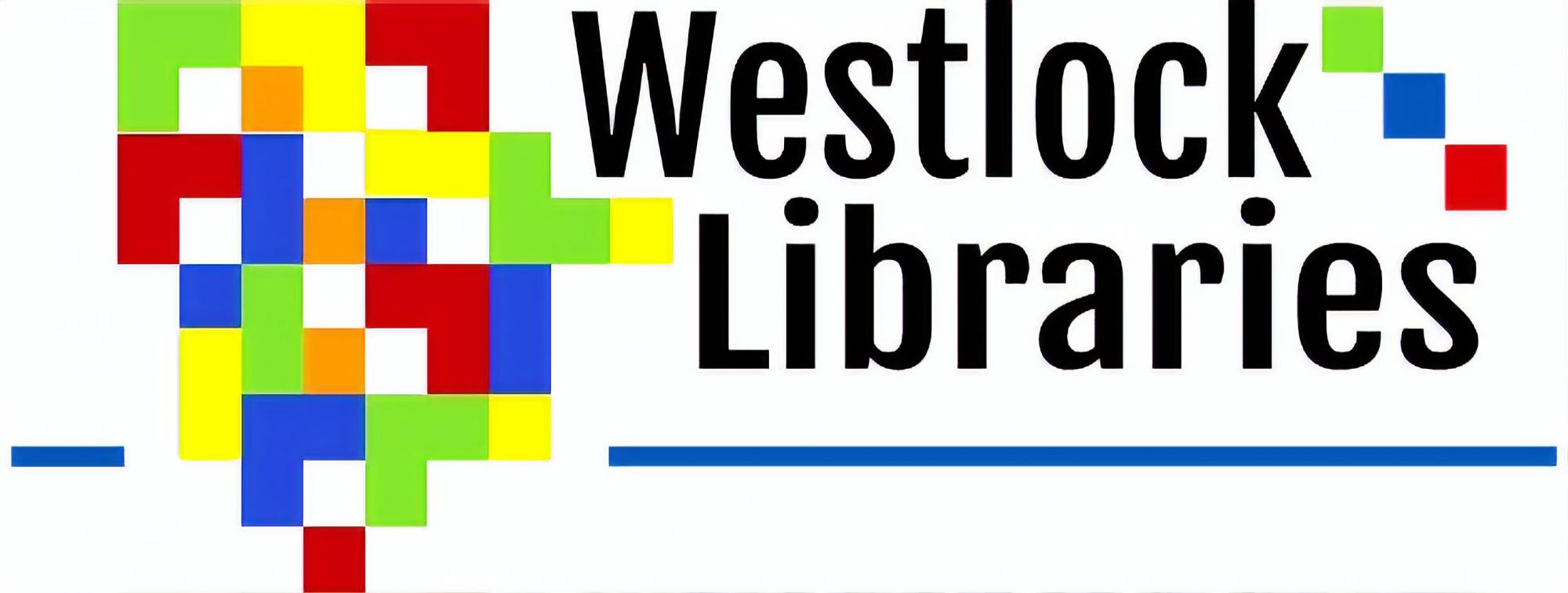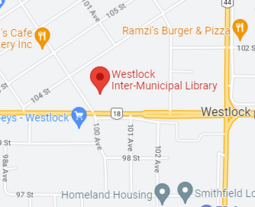About Us
The Westlock Library Adult Literacy Program is funded by the Community Adult Learning Program (CALP). Our program provides a non-threatening, flexible learning environment, as well as raising awareness and creating a culture of learning in the community.
Karen and Eun are the two coordinators that manage the program along with many volunteers to help our learners grow and meet their goals.
The Living Literacy: A Literacy Framework for Alberta’s Next Generation Economy explains and breaks down literacy and the levels as outlined below. A link as been provided at the bottom of the page if you would like to learn more.
What is Literacy?
Literacy is not just about reading and writing. While reading and writing provide the necessary foundation for learning, literacy is fundamentally about an individual’s capacity to put his/her skills to work in shaping the course of his or her own life. Literacy involves “reading the word and the world” 5 in a variety of contexts. Individuals need literacy skills to obtain and use information effectively, to act as informed players and to manage interactions in a variety of contexts whether the context is making decisions about health care, parenting, managing household finances, engaging in the political process or working.
The knowledge, skills and attitudes associated with high school completion are the basic building blocks for effective communication, further learning, problem-solving and active citizenship. These “foundational” literacy skills equate to level 3 on international adult literacy survey measures. The international adult literacy survey conceptualizes literacy skills along a continuum of proficiency. Level 1 describes individuals with very poor literacy skills unable to determine the correct dosage on a medicine bottle. Those at level 2 can deal with simple, clear text but will be challenged to learn new job skills. Individuals at level 3 are viewed as having skills adequate to cope with the demands of today’s society. Individuals at levels 4 and 5 have strong skills and can process complex and demanding information. 8 The proportion of adult Albertans with foundational literacy skills (the basic skills required for today’s knowledge society or level 3 and above) has not increased in the decade between the first international literacy survey in 1994 and the second in 2003.
Description of Adult Literacy Levels
Level 5 – Very strong skills able to find information in dense text and make high-level inferences or use specialized background information.
Level 4 – Strong skills able to integrate and synthesize information from complex or lengthy passages.
Level 3 – Adequate skills for coping in a complex advanced society. Equivalent to the skill level required for high school completion and college entry.
Level 2 – Weak skills, can deal with simple clearly laid out material. May be able to cope with everyday demands but will have difficulty with new situations.
Level 1 – Very poor skills, may not be able to determine the correct dosage from the label on a medicine bottle.
Source:
Living Literacy: A Literacy Framework for Alberta’s Next Generation Economy https://open.alberta.ca/dataset/73e4795c-ff92-487e-b12e-70959b6cc5b5/resource/6acbf66d-9bc7-45d1-8e29-01fd1d977a49/download/4402922-2009-09-living-literacy-framework-ab-next-generation-economy.pdf


